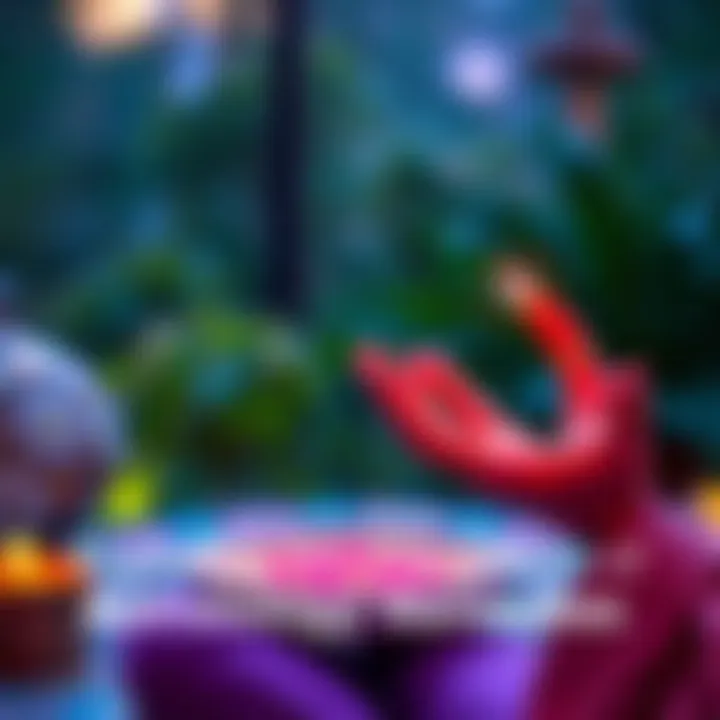Remedies Under Fire: Do They Really Work? | A Closer Look at Beliefs and Experiences
Edited By
Nina Bard

A new discussion is unfolding among people curious about the efficacy of astrological remedies like gemstones, chanting, and fasting. On user boards, opinions vary widely, debating whether these remedies have genuine effects or are simply products of faith and circumstances.
Context of the Discussion
Many have tried various remedies linked to astrology, often seeing results that raise questions about their true impact. Some assert that positive changes arise due to authentic remedies, while others suspect better timing or personal efforts play a larger role. This uncertainty prompts a call for shared experiences regarding successes and failures in implementing these remedies.
Divergent Opinions on Effectiveness
The ongoing dialogue reveals three central themes:
Placebo Effect vs. Actual Impact
Many contributors believe the power lies in belief itself. One person stated, “Lately, I’ve come to feel that remedies work more because of the faith and belief behind them, not the remedy itself.” This viewpoint suggests that the mental state accompanying the remedy might be crucial for perceived success.
Successes Tied to Personal Circumstances
Some share personal anecdotes indicating remedies worked under favorable conditions. A comment pointed out: “Remedy will work if the underlying root cause is small and dasha is supporting.” This implies that without the right astrological alignment, remedies may falter.
Skepticism About Their Grounding in Science
Others firmly contest that Vedic knowledge lacks scientific backing. One user remarked, “I don't see this Vedic knowledge as science. I believe it to be true.” This skepticism reflects a broader debate about blending faith with observable science.
"I try to act accordingly, using elements of Vedic tradition. But we have to live with the fact that we can’t be sure how this is all working, or not.” - Anonymous contributor
Community Sentiment
The sentiment among participants is mixed, with a blend of skepticism and faith permeating the conversation. Many are eager to share their stories, which span a spectrum from enthusiastic endorsements to critical doubt regarding the actual effectiveness of remedies.
Notably, one individual remarked, "It worked for me – Hanuman Chalisa," showcasing the fervent belief some hold in these practices.
Key Takeaways
△ Majority share a belief in the power of faith behind remedies.
▽ Many emphasize the necessity of favorable astrological conditions.
※ "Remedy will work if the underlying root cause is small."
As 2025 continues, the question lingers: Are these astrological remedies effective, or merely reflections of personal beliefs and circumstances? The debate rages on as people weigh their experiences against the backdrop of traditional practices and modern skepticism.
Future Trends in Astrological Remedies
As discussions continue, there’s a strong chance that more people will explore astrological remedies, fueled by a mix of curiosity and hope. Experts estimate that over the next few years, the number of individuals seeking out these practices could rise by about 30%. This uptick may stem from a growing inclination towards holistic approaches in our fast-paced society, where many search for meaning and comfort amid uncertainty. Conversely, skepticism may intensify as well, with critics urging more scientific scrutiny, potentially leading to a divide in perceptions of these practices. Thus, the landscape of astrological remedies could become a complex interplay between belief and critical assessment.
Echoes from the Past: The New Age Movement
The current fascination with astrological remedies mirrors the rise of the New Age movement in the late 20th century. Just as individuals turned to alternative spiritual practices back then, seeking solace and self-discovery amid societal upheaval, today’s people appear drawn to astrology as a beacon of hope and guidance. The New Age movement sparked a blend of skepticism and faith that resonates with today’s context, reminding us that, throughout history, individuals have often sought comfort in the esoteric during tumultuous times.
